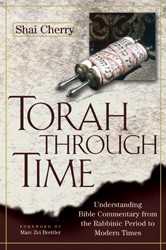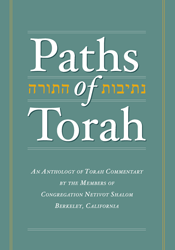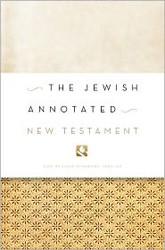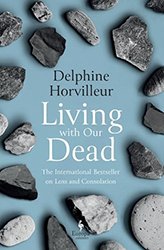This is a book to savor Sabbath by Sabbath. It is difficult to absorb in a few sittings. As Chancellor of the Jewish Theological Seminary for eighteen years and the nominal head of the Conservative movement, Professor Schorsch had a bully pulpit to expound his views. For many years he wrote a weekly column on the Torah readings and they are gathered here together in one volume. By now, such collections constitute a genre of Biblical commentary. Many others (reviewed in these pages) who wrote weekly columns have also published them in book form.
The ruminations, observations, and interpretations contained in this book are the reflections of a mature scholar. He blends classical commentaries with contemporary understandings, breathes new life and meaning into the text, and occasionally lapses into gentle polemics. Schorsch’s use of language is almost poetic, which makes these short essays eminently readable.
He shows how the Exodus started and ended in water (Moses in the Nile and the Egyptians in the Red Sea) and makes a case for history replacing nature as the basic category of religious experience. Occasional references to his own upbringing add a folksy aspect to this collection. Describing his mother as making ritual into fine art is such an example. His adaptation of Heschel’s sacred time is also nicely phrased: “The Shabbat is our country home which we can reach without hours of hard driving.” Over the years his analyses included history, current events, Conservative theology, philosophy, and more than a few diatribes launched at political movements or the foibles of American society.
Most often the commentary offers traditional understandings of the Torah portion, couched in an almost lyrical prose. However there are times when tension between the traditional and the modern come into conflict. Schorsch admits to a fascination with Leviticus since he has to work harder to find meaning and relevance. Yet at the same time he defends the Conservative movement’s elimination of all references to the sacrificial system in their prayer books. For him the Temple is memory with no expectation for a messianic rebuilding.
Canon Without Closure implies an openended approach illustrated by the fact that there are several essays on each Torah portion. Those seeking an understanding of the Torah readings from a modern yet traditional perspective will not be disappointed. Those seeking to gain an insight into how our commentators over the generations understood the text will also be satisfied. Those who want to relax on the Sabbath with an avuncular companion will find him here as well.





